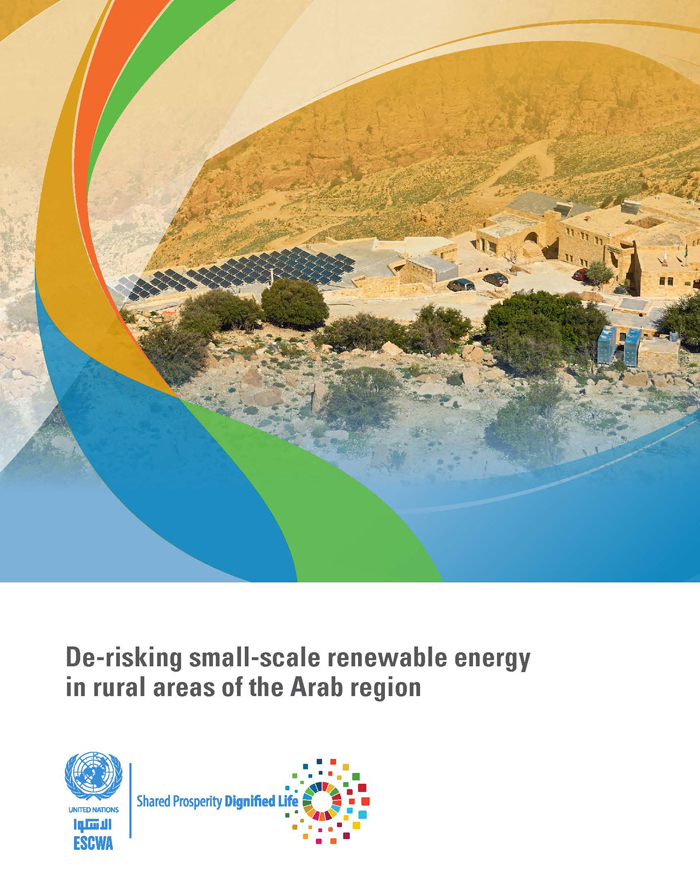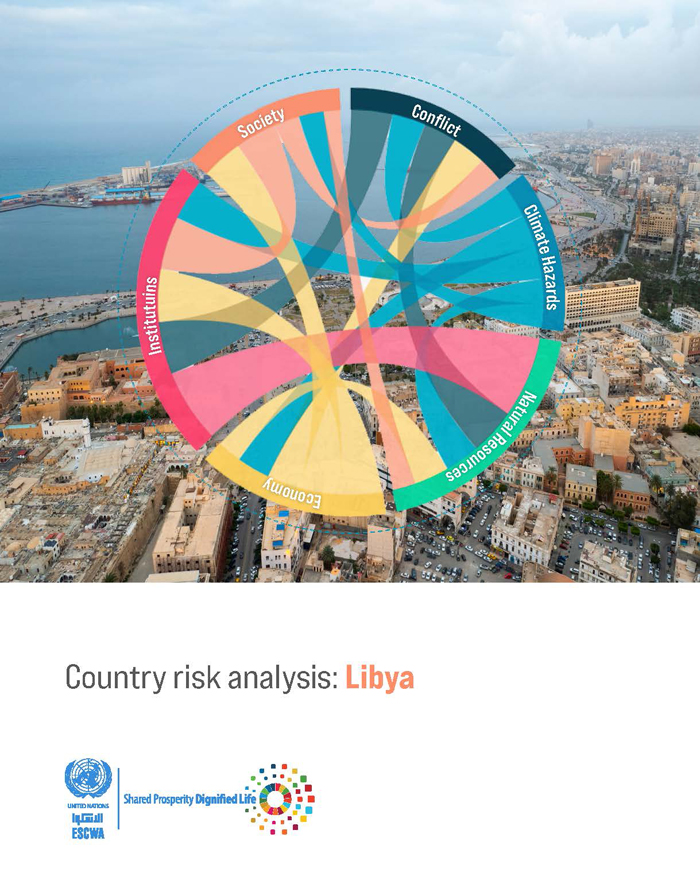
ESCWA Publication: E/ESCWA/CL1.CCS/2023/Policy brief.4
Country: Arab region
Publication Type: Policy briefs
Cluster: Climate Change and Natural Resource Sustainability
Focus Area: Climate change, Natural resource sustainability
Initiatives: Enhancing resilience and sustainability of agriculture
SDGs: Goal 6: Clean Water and Sanitation, Goal 13: Climate Action, Goal 15: Life On Land
Keywords: Dry farming, Rainwater, Irrigation, Land use statistics, Land degradation, Water conservation, Agricultural production, Agricultural cooperatives, Crop yields, Food production, Crop rotation, Women in agriculture, Youth, Climate change mitigation, Agricultural innovations, Statistical data, Arab countries, Recommendations
Transforming rainfed agriculture in the Arab region
November 2023
Rainfed agriculture in the Arab region is vital for sustaining rural populations and ensuring their livelihood and food security. Its performance, however, is waning as it accounts for 70 per cent of the cultivated area but only contributes about 40 per cent of the consumed food. Rainfed systems are characterized by low and highly variable yields due to frequent drought and drought spells. Key constraints to improving rainfed systems include unfavourable climatic conditions, degraded soils and low adoption of improved practices and technologies. A paradigm shift is needed, which would focus on water as the limiting factor.
Increasing water availability to crops at critical times is necessary for enhanced and sustained production. Four strategies are suggested to enhance rainfed systems productivity. These include investing in supplemental irrigation, adopting improved crops, harvesting rainfall, and adopting improved practices and technologies. To support farmers in adopting these strategies, a conducive environment is needed that would include increasing investments, enacting supporting policies, revamping the institutional setup, engaging women and young persons, supporting farmers, and collecting and disseminating data and information.
Related content
Climate change
, Natural resource sustainability
,
Rainfed agriculture in the Arab region is vital for sustaining rural populations and ensuring their livelihood and food security. Its performance, however, is waning as it accounts for 70 per cent of the cultivated area but only contributes about 40 per cent of the consumed food. Rainfed systems are characterized by low and highly variable yields due to frequent drought and drought spells. Key constraints to improving rainfed systems include unfavourable climatic conditions, degraded soils and low adoption of improved practices and technologies. A paradigm shift is needed, which would focus on water as the limiting factor.
Increasing water availability to crops at critical times is necessary for enhanced and sustained production. Four strategies are suggested to enhance rainfed systems productivity. These include investing in supplemental irrigation, adopting improved crops, harvesting rainfall, and adopting improved practices and technologies. To support farmers in adopting these strategies, a conducive environment is needed that would include increasing investments, enacting supporting policies, revamping the institutional setup, engaging women and young persons, supporting farmers, and collecting and disseminating data and information.



